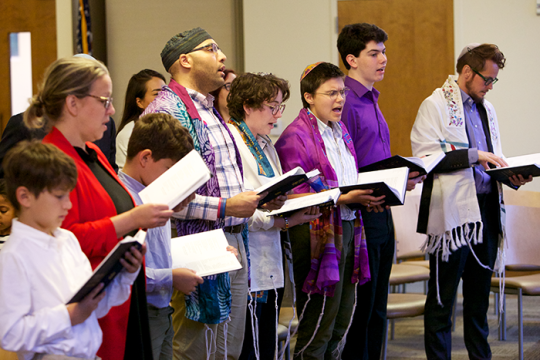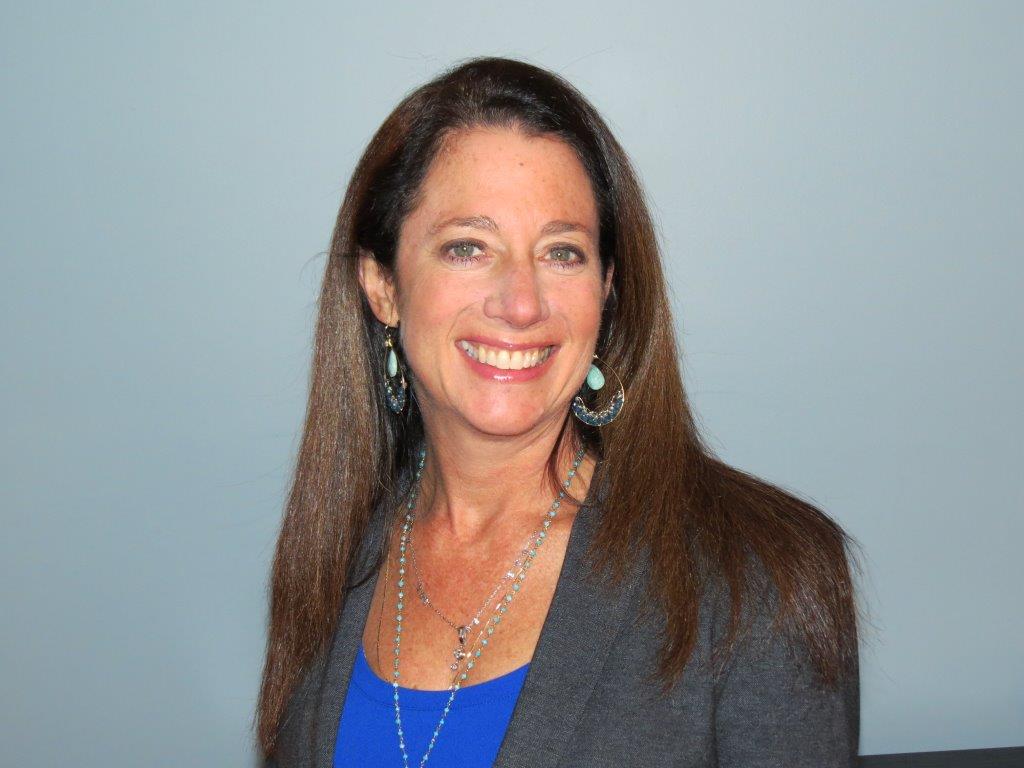
When people sit together and there are words of Torah between them, the Shechinah dwells among them. (Pirkei Avot 3:2)
In Jewish communities, there is little that you do as a single individual. This is certainly true for those of us who are leaders.
A sense of community, belonging, and mutual support are culturally engrained in us as Jewish people. We pray in a minyan, and we are expected to provide for those less fortunate and to rejoice with the bride and groom. This communal network is especially important for those of us who are in leadership roles.
Moses’s father-in-law Jethro tells him that leading the people without support from others is nearly impossible – and it’s also a poor leadership model. He encourages Moses to find partners who will help him adjudicate disagreements among the Israelites. Even the Divine expects mortals to assist in leading the Jewish people: The ancient prophets shared the words of God to help the Israelites see the error of their ways, as well as to demonstrate how to create a world of wholeness, justice, and compassion.
Our lives and work depend on partnerships. In Jewish communities, these partnerships can be among volunteers, paid professionals, or lay and professional leaders. Unfortunately, too often these relationships are fraught with a lack of respect, despite the fact that everyone involved is performing holy work. These partnerships create a stronger and more vital endeavor. They are sacred and should be treated as such.
Sacred partnerships recognize each of us as individuals working toward shared goals.
The Talmud, a core text of our people, contains the teachings, opinions, and decisions of thousands of rabbis across centuries. Throughout these “conversations,” the sages of our past express respect and admiration for all, both those with whom they agree and those with differing opinions.
Being in a sacred partnership means that we acknowledge our differences, just like the leaders of past generations did. At the same time, it means that we focus on our pledge and responsibility to the shared goals and common good of our congregation. Each leader may approach their work in a different way. It’s important to embrace these variations and understand that seeking common ground will improve overall decisions and outcomes. This also will enrich relationships among leaders with different inclinations, as they will each have the freedom to undertake endeavors from their own perspectives.
Sacred partnerships require trust and clear lines of communication.
Respect, trust, honesty, listening and communication, transparency, confidentiality, flexibility, and reflection are the tools we use to build and nurture sacred partnerships. They all require a willingness from each person to be vulnerable toward others. Without these essential and interconnected components, fissures are likely to develop in the relationship. After all, how can leaders demonstrate respect if there is no trust or honesty in their relationships with others? It’s imperative that leaders be able to hear what others say, work to find common ground based on shared goals, and act to bring about an organization’s shared vision.
Sacred partnerships are built upon Jewish values.
The kabbalistic notion of tikkun olam (repair of the world) reminds us that each person has a spark of the Divine within and that it is our responsibility to heal the world. As Jewish leaders, what sets us apart from our counterparts in the secular world is that the goal of the partnerships we cultivate is to create a better world and to expand this notion of tikkun olam beyond what one individual can achieve. Although it is true that partnerships in the secular world also are intended to bring about mutual goals, these goals are neither holy nor sacred.
No matter what type of leader you are – experienced or emerging, lay or professional – the people around you are more than colleagues and collaborators. They are your sacred partners and in relationship with them, you will be able to inspire sacred action in your community.
Have something to say about this post? Join the conversation in The Tent, the social network for congregational leaders of the Reform Movement. You can also tweet us or tell us how you feel on Facebook.
Related Posts

Five URJ Pages to Bookmark Today

Collaboration and Connection Power Small Congregations


